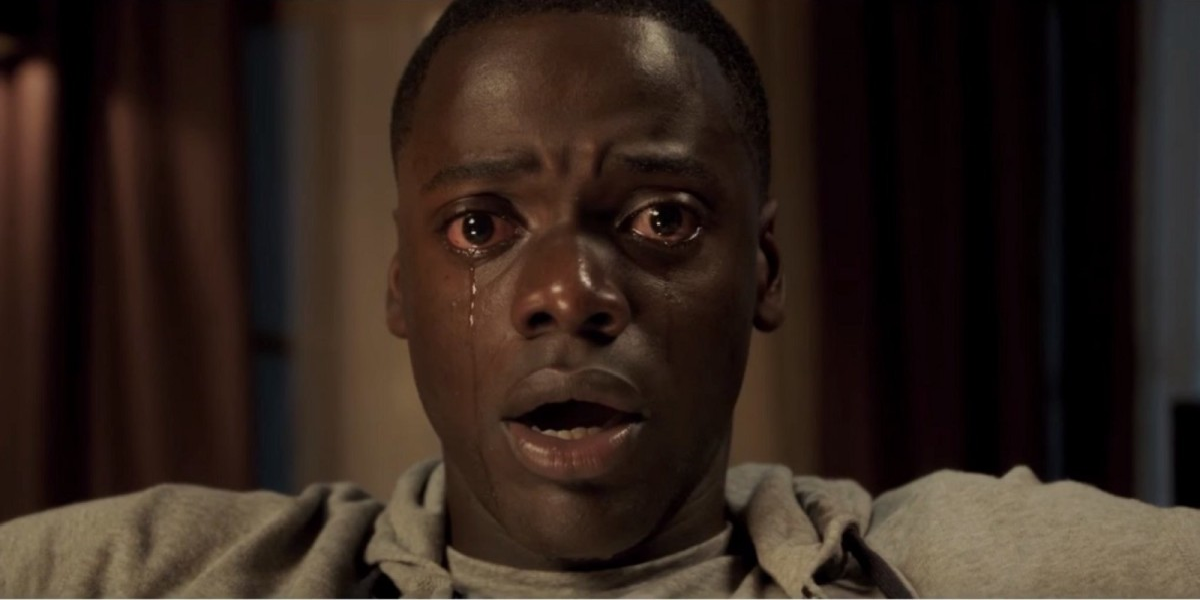Men are often seen as closed-off and hesitant to share details about their lives, particularly their emotions. This characteristic is prevalent among men of all ages, prompting us to ponder as spouses, sons, or daughters, to comprehend the rationale behind this behaviour.
Here are some reasons why this might be the case:
Societal expectations: “A lot of black men have difficulties with emotional vulnerability due to the societal boundaries and parameters that have been imposed on them,” stated Daniel Kaluuya, the actor in the thriller film Get Out. In society and traditional masculinity norms, men are expected to be strong and not display emotional weakness. This stereotype compels men to conform to socially accepted standards.

Emotional vulnerability is a universal trait, and the need to express overwhelming emotions is always present.
Fear of judgment: When men display vulnerability by crying, they are often perceived as lesser men. This perception inadvertently affects their willingness to open up, impacting their self-worth and thought processes.
Fear of their vulnerabilities being used against them: In relationships, many men have expressed concerns that their vulnerabilities are weaponized in arguments. This leads to a sense of insecurity when sharing their feelings and emotions.
Men’s communication style: Men are typically taught to approach situations from a problem-solving perspective rather than an emotional one. This approach extends to their personal lives, causing them to overlook their emotional well-being and the necessity of expressing their emotions.
Feeling unacknowledged: Men, like all human beings, fear rejection. Receiving a negative response when sharing their problems can instil a fear of rejection and dissuade them from sharing similar issues.
Influence of past experiences: Negative past experiences can significantly impact how men choose to address their emotional side, often leading them to avoid sharing their emotions altogether.
















